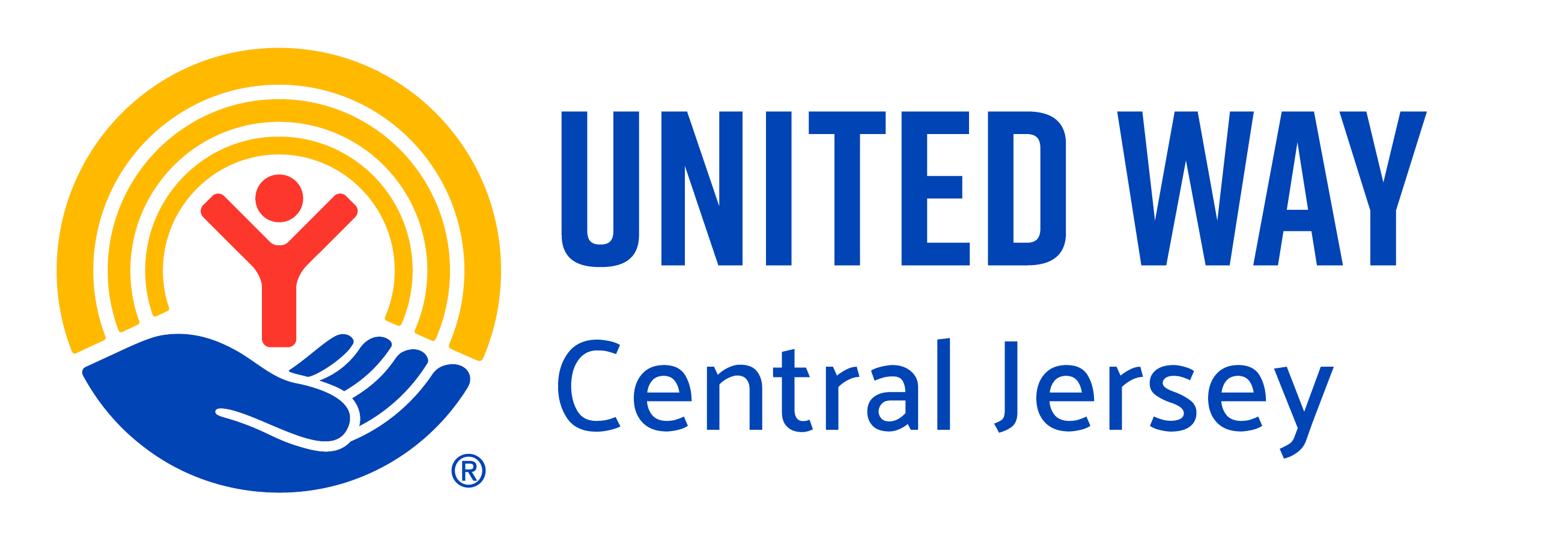While many of us focus on the basics of letter and number recognition or reading skills, kindergarten readiness encompasses more than a few isolated skills. We need to look at the whole child and all the skills and strengths each child has developed. That’s what makes them unique. As an example, Sasha may love books and have exceptional reading abilities, but she struggles with a shyness that prevents her from engaging with other children. Joshua might be very strong socially but still has difficulty correctly holding and using a pencil. Emma can do both these things, but she can be very silly and wiggly and gets distracted in group settings. Despite these differences, all of these children are ready for school.
Here are some tips to help you prepare your child for Kindergarten:
- Help develop independence at home by encouraging your child to dress themselves, put away belongings, use the bathroom, wash their hands constant and put on their own shoes, all on their own. Provide serving spoons so your child can serve themselves at the table and clear their own dishes. These skills will take your kindergartener from the coatroom to the lunchroom and beyond!
- Focus on self-help skills. Your child should know how to wipe their face after lunch without prompting and blow their nose without assistance. But be sure they are comfortable asking an adult for help when they need it!
- Teach responsibility. Start transferring small responsibilities over to your child, if you haven’t already. After a family trip to the pool, you might put your child in charge of emptying the backpack, refilling the water bottles, or hanging up their wet swimsuit and towel. Let them accept responsibility even when it may be easier for you to complete these tasks.
- Develop and follow routines. Set up morning routines that will transfer into a school setting. Getting up around the same time every day, getting dressed, and having an early breakfast together is a great way to transition to school.
- Read aloud to your child. Get your child a library card, take your kindergartener to the library to check out books, and be sure to read to your child every day. Read various books, read the captions under pictures in the newspaper, and even share the comics. Just read!
- Engage in meaningful literacy activities. Encourage your child to help you with thank you cards, shopping lists, or notes. They may start with scribbles or pictures, move into scattered letters, and finally, some recognizable words as they enter school. Appreciate their attempts and watch their skills develop with practice.
- Acknowledge his feelings. Avoid talking about school too much, or wait until the end of summer is near. Your child may express nervousness, not wanting to go, or excitement about starting school. Whatever they feel, take time to appreciate where they are.
Rather than worry about whether your child is ready to read and write, think about his or her skills as a whole. What can they do well that will help them succeed? The quiet child with reading abilities will find her way to the social butterfly that needs help writing his name. The silly, wiggly child will find a spot as the classroom helper. Rest assured, they will all navigate kindergarten together.
CREIDT/SOURCE: Tracy Galuski via naeyc.org. Galuski is an associate professor and mentor at Empire State College, where she shares her experiences as a mother, teacher, and child care administrator with her early childhood students. She teaches online courses in child development and classroom environments.

